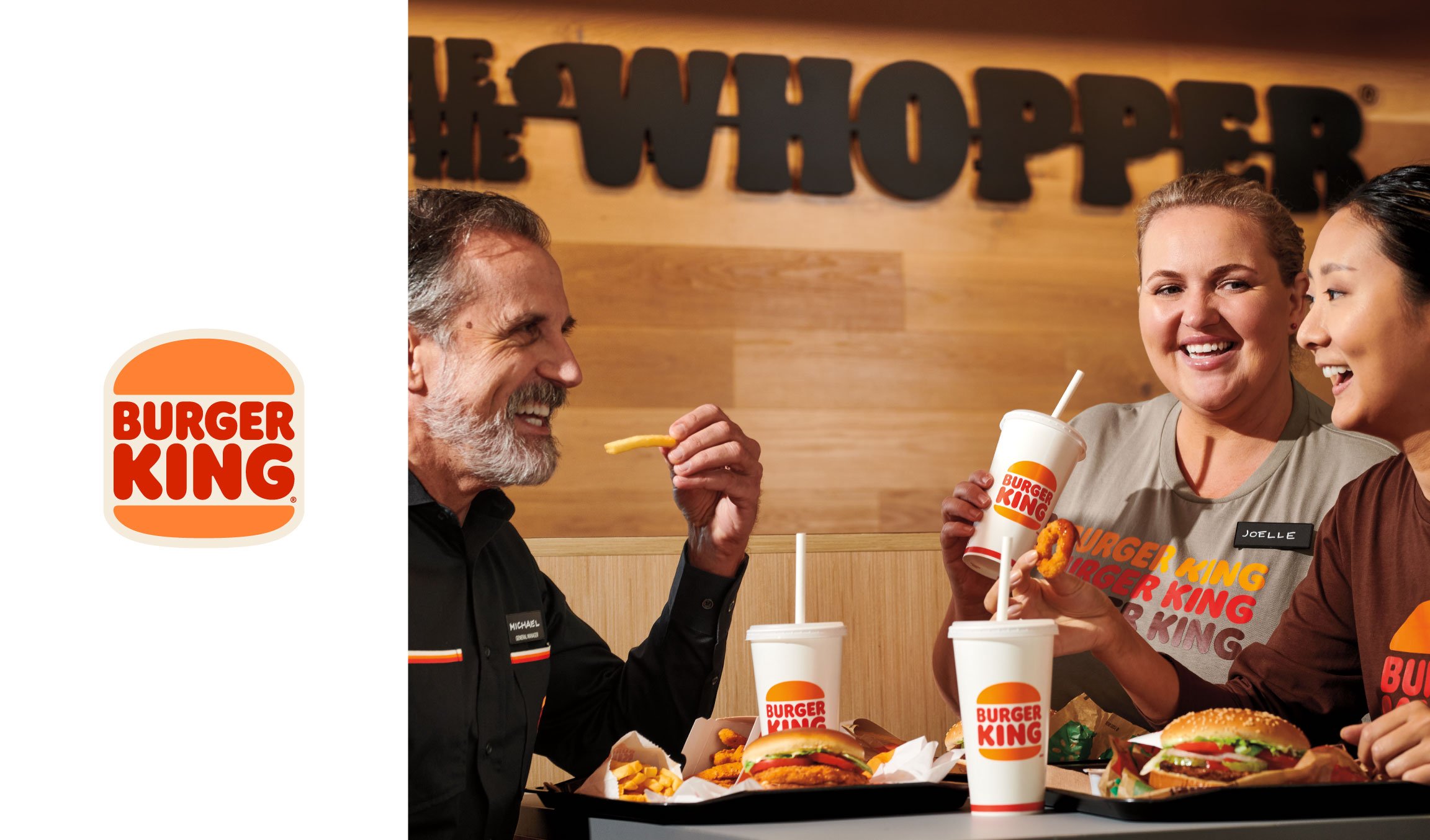2 min read
在當今的數位環境中,個人化已成為成功行銷策略中的關鍵元素。隨著消費者每天接收到無數的訊息和廣告,品牌必須找到突破重圍的方法,向目標受眾提供相關且量身訂做的體驗。
什麼是個人化?
數位行銷中的個人化,指的是根據使用者的偏好、行為和特徵來調整內容、優惠和體驗。不僅僅是網站上的個人化,而是在每一個行銷和溝通渠道中實現個人化。
個人化的目標是為每位顧客創造更相關且吸引人的體驗,最終提升顧客的滿意度、忠誠度及轉換率。據麥肯錫報告,「71%的消費者期望企業提供個人化的互動,當這種需求沒有得到滿足時,76%的消費者會感到挫折。」
💡 瞭解更多: 什麼是客戶關係管理 (CRM) & 顧客數據平台 (CDP) ?
個人化的重要性
在數位行銷時代,個人化的重要性越來越高,原因如下:
- 增強顧客體驗:透過提供量身訂做的內容和推薦,企業能與觀眾建立更有意義的互動。
- 提升參與度:個人化的體驗更容易吸引並維持使用者的注意力,帶來更高的參與率。
- 提高轉換率:當顧客收到相關的優惠和內容時,更可能進行購買或採取預期行動。
- 顧客忠誠度:個人化有助於建立與顧客的強大關係,促進長期的忠誠和留存。
- 競爭優勢:在競爭激烈的市場中,個人化可以幫助品牌脫穎而出,與競爭對手區分開來。
成功的個人化範例
多家公司已經在其數位行銷中成功實現了個人化策略。以下是一些著名的範例:
- Spotify 的「每週新發現」:Spotify 根據使用者的聆聽歷史和偏好創建個人化播放清單。每個播放清單包含 30 首使用者從未聽過的歌曲,這些歌曲由推薦引擎選取,依據使用者行為、內容標籤和音頻分析生成。
- Amazon 的商品推薦:Amazon 根據顧客的瀏覽和購買歷史,建議相關產品,提升購物體驗並增加銷售額。
- Netflix 的個人化內容推薦:Netflix 透過分析觀看習慣,向每位使用者推薦符合其興趣的節目和電影。
- Cadbury 的個人化影片活動:Cadbury 根據使用者的 Facebook 資料創建個人化影片。該活動成效卓著,達到了 65% 的點擊率,超過三分之一的使用者完成轉換。
- BustedTees 的時區基準郵件分發:BustedTees 根據顧客的時區和過往的開啟行為來個性化郵件的發送時間,使其電子郵件營收增加了 8%。
在數位行銷中實現個人化
為了有效地在數位行銷策略中實現個人化,可以考慮以下方法:
- 資料收集與分析:從不同接觸點收集並分析顧客資料,以深入了解其偏好和行為。
- 分眾:根據共同特徵或行為將目標受眾分組,以提供更精準的內容。
- 動態內容:在網站和電子郵件上動態調整內容,根據使用者行為或偏好進行變更。
- AI 和機器學習:利用人工智慧和機器學習演算法來自動化並優化個人化流程。
- 跨渠道個人化:確保在所有行銷渠道(如電子郵件、社群媒體和網站)上提供一致的個人化體驗。
- 持續測試與優化:定期測試和優化個人化策略,以不斷提高其效力。
隨著技術不斷演進,個人化的機會只會越來越多,使行銷人員必須不斷掌握新知識並調整策略。Appier 的 AIQUA 是一個利用人工智慧的個人化平台,能夠在所有行銷渠道中創造一對一的顧客互動策略。
AIQUA: 引領業界的機器學習行銷平台,為使用者打造頂尖的個人化體驗
Appier 的 AI 不僅分析使用者行為,還會分析影像和內容,以預測最適合每位使用者的產品。在任何渠道上打造真正能轉換的有效推薦。立即聯繫我們,提升您的行銷轉換率!
截至 2024 年,Appier 服務超過 1,700 位來自全球各行各業的客戶,包括金融、零售等產業。知名品牌如 Clarins、Carrefour、Pizza Hut、Burger King、Toyota 和 BMW 均在其顧客名單中。
%20(24).png?width=1200&height=630&name=BLOG_Banner%20(Naomi)%20(24).png)


%20(26).png?width=1200&height=630&name=BLOG_Banner%20(Naomi)%20(26).png)